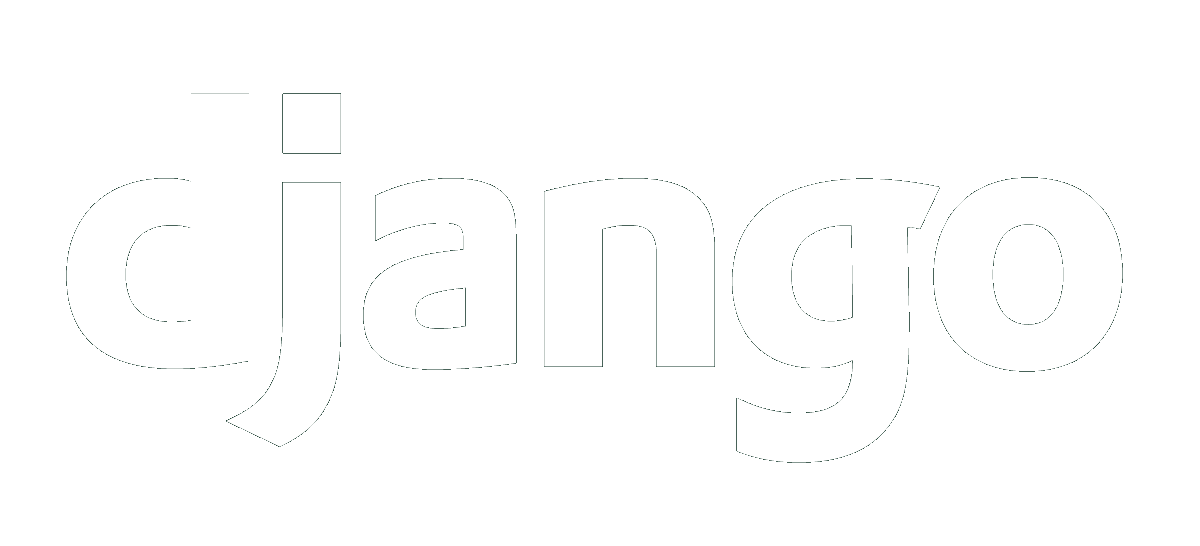Field allows null but not blank
If null is True and blank is False then validation becomes more complex.
If null is True and blank is False then Django and the database disagree on whether empty values are allowed.
The null and blank attributes are useful for optional fields. Both attributes default to False.
The null attribute specifies that the database will accept no value. The blank attribute specifies Django should not check if the value is present when Model.clean is called.
If Model.save is called via the shell without first calling Model.clean: the bad data will be saved and there may be unwanted side effects:
- next time that record is validated it will fail
- the datatype will be inconsistent
- ORM queries will be more complex
These unwanted side effects can cause more serious problems that are hard to debug long after the original error occurred.
If our GitHub code review bot spots this issue in your pull request it gives this advice:
1 | + | class CommentModel(models.Model): | |
2 | + | body = models.TextField() | |
3 | + | date = models.DateField(null=True) |
If null is True and blank is False then validation becomes more complex.
- | date = models.DateField(null=True) |
+ | date = models.DateField(null=True, blank=True) |
Instantly check if you have this issue for free
Works with tools you use

- Detect typos
- Avoid mistakes
- Prevent bugs
- Improve tests
- Read more


- Review PRs
- One click fix
- Clear advice
- Delta aware
- Read more

- Review PRs
- Fix suggested
- Clear advice
- Delta aware
- Read more
